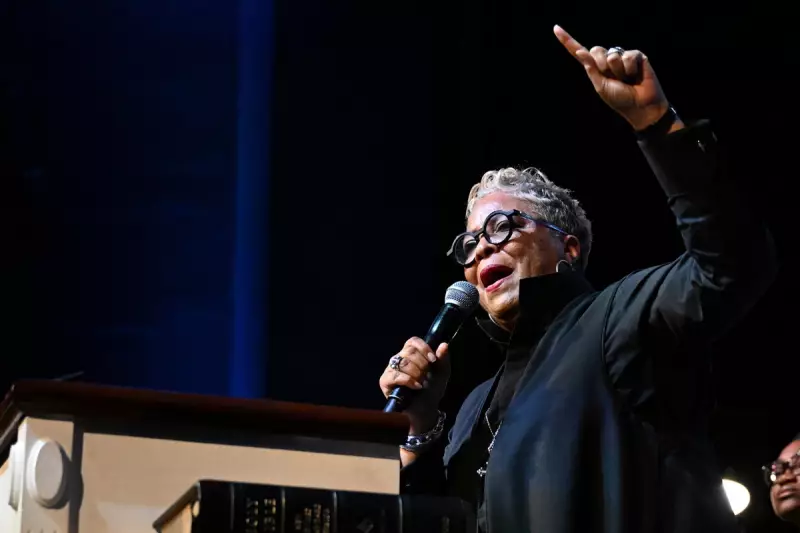
In a groundbreaking development for British Christianity, the Methodist Church has taken an unprecedented step toward closer unity with the Anglican Communion. During its annual conference, church leaders voted to temporarily suspend standing orders to enable Anglican priests to serve within Methodist congregations.
A Bridge Between Traditions
The decision represents one of the most significant moves toward ecumenical cooperation in recent British religious history. By allowing Anglican clergy to preside over Methodist services, the church is effectively breaking down longstanding denominational barriers that have separated these two major Christian traditions for centuries.
Archbishop of Canterbury Justin Welby welcomed the development, describing it as "an answer to prayer" that demonstrates "the Holy Spirit at work." The Archbishop emphasised the importance of this moment for the broader Christian community in Britain, noting that it reflects a shared commitment to the gospel of Jesus Christ.
London's Church Leaders Voice Support
The Bishop of London, Sarah Mullally, who leads the Church of England's presence in the capital, expressed strong support for the Methodist decision. "This is a wonderful moment," she stated, highlighting how the move facilitates greater cooperation between Christian communities at a local level.
The practical implications are substantial. Anglican priests can now more easily serve in Methodist settings, while Methodist ministers may find increased opportunities within Anglican contexts. This flexibility comes at a crucial time when many churches face challenges related to clergy shortages and changing congregational needs.
Historical Context and Future Implications
This development follows years of dialogue between the Methodist Church and the Church of England. While full structural unity remains a longer-term goal, this practical step represents significant progress toward that objective.
The decision also reflects a broader trend within UK Christianity toward greater cooperation between denominations. As church attendance patterns evolve and resources become more concentrated, such practical partnerships may become increasingly common.
Methodist leaders have been careful to frame this as a temporary measure while more permanent structural arrangements are developed. However, many within both traditions see this as a pivotal moment that could reshape the landscape of British Christianity for generations to come.





